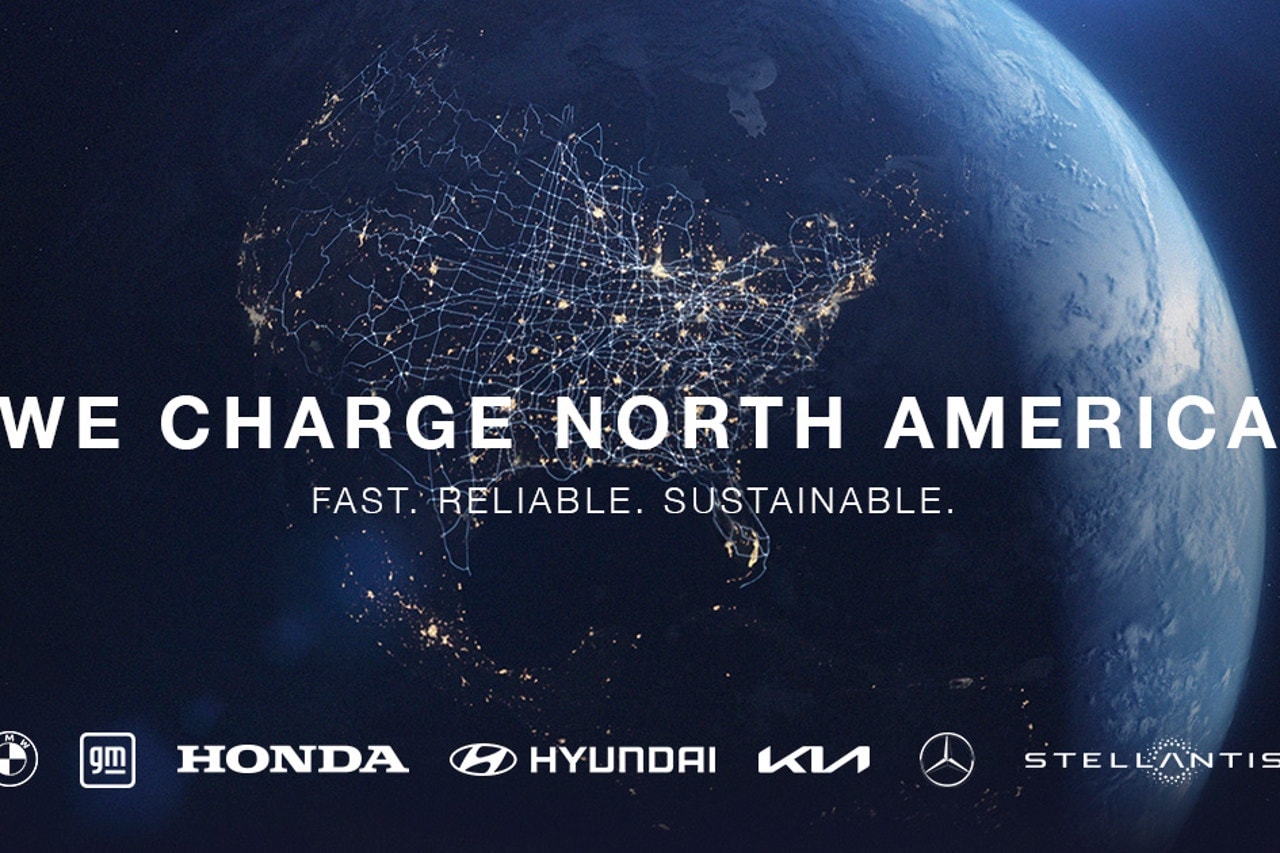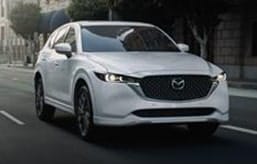- Seven major automakers are joining forces to build a massive charing network.
- BMW, General Motors, Honda, Hyundai, Kia, Mercedes-Benz and Stellantis are all on board.
- The stations will be accessible by almost all EVs and will include both CCS and NACS connectors.
Seven Major Automakers Join Forces to Build a Truly Massive Charging Network
They want to build a total of 30,000 high-powered charge points
BMW, General Motors, Honda, Hyundai, Kia, Mercedes-Benz and Stellantis are joining forces to build a massive charging network across North America. The goal is simple: Drive electric car adoption by making charging more convenient, accessible and reliable. In our experience, Tesla's Supercharger network is easier to use and more reliable than competing third-party charging networks, and this is legacy auto's attempt to replicate that success.
The joint venture will set up at least 30,000 high-powered chargers along highways and in urban area across North America, and the network will be powered solely by renewable energy. The chargers will offer both traditional CCS and Tesla's NACS connectors so practically any EV can recharge.
A number of automakers have recently pledged to switch from CCS to Tesla's NACS port by 2025 (you can read up on them here). However, not every brand has jumped on the NACS train, and featuring both connectors is the best way to ensure no one is left without a place to charge.
The first stations created by this new joint venture are slated to open in the U.S. by summer 2024, and in Canada sometime after that. The joint statement is short on specifics as to exact timing and the location of the chargers, but it does say that these stations will be built around the idea of customer comfort. There will be canopies wherever possible and additional amenities like restrooms, food services, and retail facilities either nearby or in the same complex. A number of flagship locations will go even further with additional niceties, though the automakers haven't detailed what these might entail.
Am I Ready for an EV?
- EV ownership works best if you can charge at home (240V outlet)
- Adding a home charging system is estimated to cost $1,616 in
- Edmunds is partnering with Treehouse, an independent provider of home EV installation services. Learn more about the installation services partnership
Edmunds says
We appreciate that so many major automakers have joined forces to make charging easier, and while the joint statement was light on specifics, there's little doubt that efforts like this have to come online to drive EV adoption.



 by
by